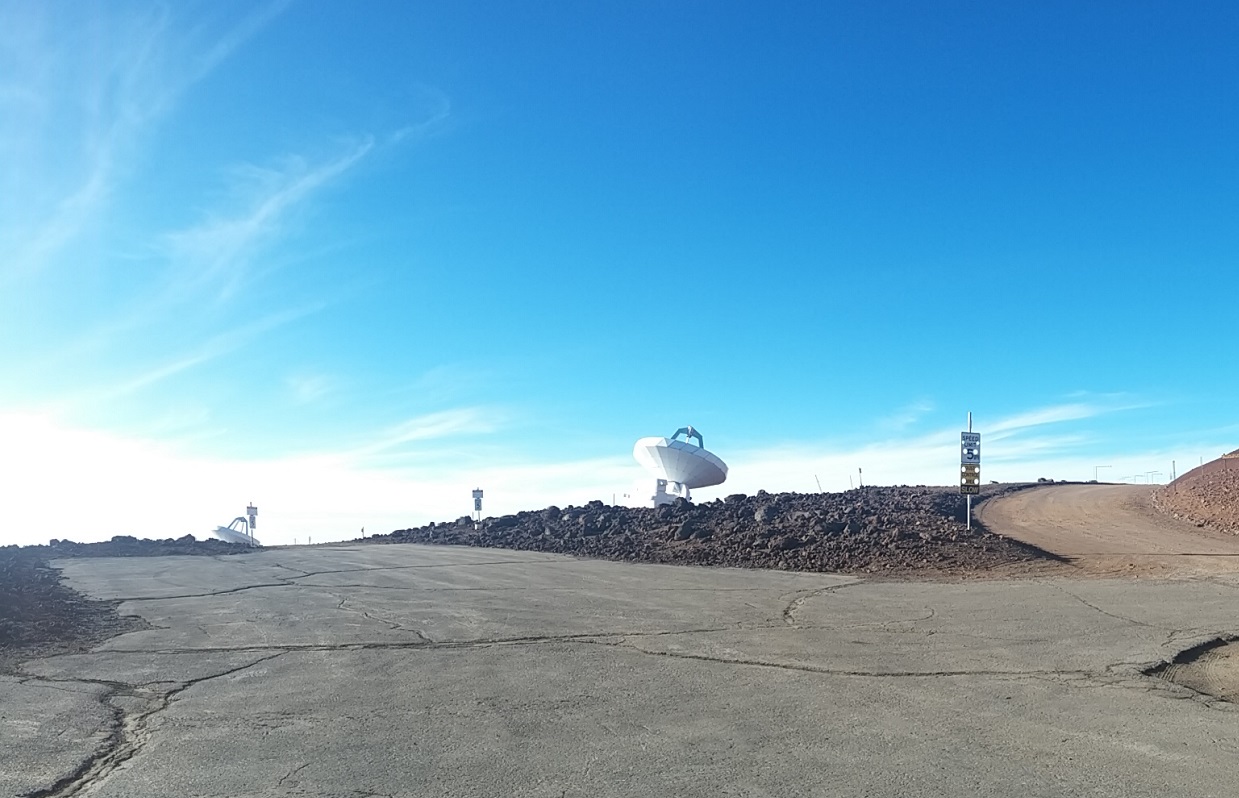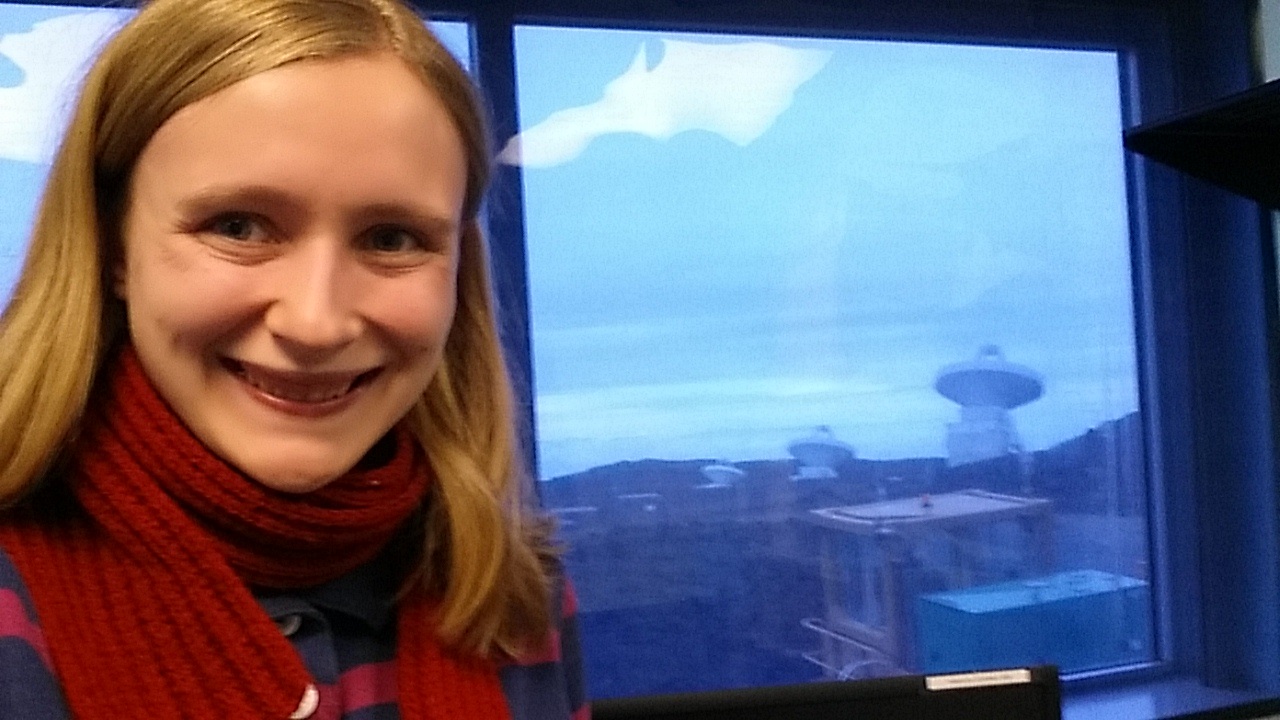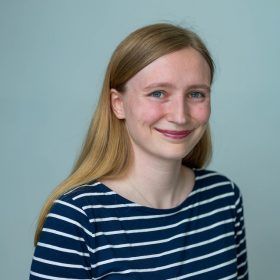Hello Anna, welcome to PenARC! Tell us, how did you come to research?
I came to research accidentally. I was always quite set on studying astrophysics but didn’t
want to go down the path of designing or building satellites or telescopes. That pretty much left research as the option available to me. Luckily though it’s turned out to be a good fit for someone like me who likes to ask questions.
What are you working on and how you are settling into your new team?
I’ve joined PenCHORD and am working on the SAMueL (Stroke Audit and Machine Learning) project. My role is very much on the quantitative side. I’ve been doing some work on patient outcome modelling and soon I’ll be moving onto synthetic data generation; a real unknown. I’ve found that everyone here in Exeter is really nice and friendly, and I feel like there are plenty of people I could turn to if I needed advice.
What does your research look like in practice?
In practice, once we’ve decided what method we need to develop or which numbers we need to calculate then I’ll go and write some code that solves the problem. Then I’ll re-write it until it’s as well-explained as possible – luckily I work in Python (a fairly human-readable programming language) so it doesn’t usually look too frightening. At this point I’ll show the code to someone else and realise it needs yet more re-writing! Once we’re happy, I publish the code online so that we can all refer to it and start working on the next task. Soon I’ll have an added layer of complication because the code will have to be really clear and run as quickly as possible, and that combination can be difficult to write.
well-explained as possible – luckily I work in Python (a fairly human-readable programming language) so it doesn’t usually look too frightening. At this point I’ll show the code to someone else and realise it needs yet more re-writing! Once we’re happy, I publish the code online so that we can all refer to it and start working on the next task. Soon I’ll have an added layer of complication because the code will have to be really clear and run as quickly as possible, and that combination can be difficult to write.
“It’s turned out to be a good fit for someone like me who likes to ask questions.”
Is there any crossover between your area of PhD study and your current research?
There’s no overlap in the subject matter – yet, and probably ever, unless something drastic happens. Before moving to PenARC I was doing research into protoplanetary discs, which are huge discs of dust and gas around young stars that will eventually form planets. Now I don’t have to worry about using the telescopes, but the overlap is in the analysis and coding. In both projects, I’m analysing the data and finding new ways to interpret it and pull out new results using Python.
What does your research mean to you? Is there an aspect of your current research that you’ve found particularly challenging or rewarding?
It’s nice to know now that there’s a really clear end target for my research and that any discoveries I make could be used and implemented in the near future. The biggest challenge so far has been dealing with a whole different set of assumptions in medical journals compared with physics ones; I have to read every footnote very closely and usually find that I’ve misinterpreted figures or data points.
“Before moving to PenARC I was doing research into protoplanetary discs, which are huge discs of dust and gas around young stars that will eventually form planets. Now I don’t have to worry about using the telescopes, but the overlap is in the analysis and coding.”
What would you like the impact of your research to be?
The nice thing about the SAMueL project is that we publish all of our code and methods online so that it’s free and open to everyone. So for this project, there’s not only the impact of finding a useful result, but we can also go some way towards helping people understand how we’ve come to that result. Hopefully this will build some trust with people who are usually suspicious of academic papers (and particularly machine learning).

Would you recommend PhD study to others? What advice would you give to somebody considering undertaking a PhD?
Yes and no. The workload was too challenging at times and it was a real slog writing everything up at the end. But there were also huge benefits. I gained a vast amount of experience in mentoring, coding and research that I might not have picked up so quickly in an industry job. Ultimately the biggest plus for me was that doing a PhD was the only feasible way that I could continue doing research in astrophysics. So I would say that the most important factor in deciding on undertaking a PhD is whether there’s something critical about the project that you couldn’t experience anywhere else.
What happens next?
I’m staying with PenCHORD and seeing what happens next.
What are you reading?
I’ve been reading as many Agatha Christie novels as I can get my hands on – and I haven’t managed to solve a single mystery, yet!
Tell us a joke.
You wouldn’t be able to print it!
***
Author

Dr Anna Laws
Research AssociateAbout the authors
Dr Anna Laws joined PenARC in May 2022 when she joined the Stroke Audit Machine Learning project (SAMueL). Her role is to implement modelling and analysis techniques that will investigate how changes to clinical decision-making could affect patient outcomes. The techniques include machine learning and clinical pathway simulations. Her background is in astrophysics, where she combined observations with radiative transfer modelling to investigate the dust structures caused by forming planets in protoplanetary discs.
